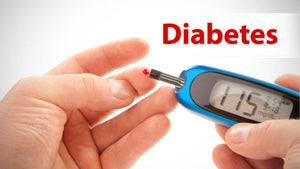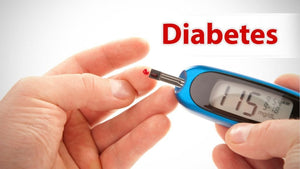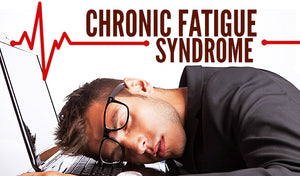QUICK HEALTH TIPS: Momory Loss

Memory is as natural to us as breathing. It is an ability we all have, yet rarely think of—unless we perceive that we are losing that ability. Memory lapses are an annoyance in themselves, but worse is the anxiety that often comes with them. We begin asking ourselves if they are a symptom of some other problem, such as midlife depression or arteriosclerosis. Probably the greatest fear provoked by lapses in memory is that of Alzheimer’s disease, a progressive and debilitating disease that usually starts in midlife with minor defects in memory and behavior. Although this is a fairly common disorder among older people, it is important to realize that most memory lapses have nothing to do with Alzheimer’s disease.
It is generally believed that advancing age brings an increasing likelihood of developing memory loss. The mildest form of this malady is called age-associated memory impairment (AAMI), and is characterized by one’s perception of his or her own memory loss. An estimated 40 percent of Americans over the age of sixty-five experience AAMI. However, not all memory loss is attributable to aging. Occasional memory lapses, such as misplacing the car keys or forgetting something at the grocery store, are a natural, normal part of life at virtually any age, and are not likely to precede serious memory loss. In fact, with proper diet, nutrition, and memory use, the memory should remain sharp and active well into one’s nineties or beyond.
One reason many people suffer from memory loss is an insufficient supply of necessary nutrients (especially the B vitamins and amino acids) to the brain. The life of the body is in the blood. It literally feeds and nourishes every cell within our bodies. The brain is surrounded by a protective envelope known as the blood-brain barrier, which allows only certain substances to pass from the bloodstream into the brain. If the blood is “thick” with cholesterol and triglycerides, the amount of nutrient-rich blood that can pass through the blood-brain barrier decreases. Over time, this can result in the brain becoming malnourished.
In addition, the functioning of the brain depends upon substances called neurotransmitters. Neurotransmitters are brain chemicals that act as electrical switches in the brain and, through the functioning of the nervous system, are ultimately responsible for all the functions of the body. If the brain does not have an adequate supply of neurotransmitters, or the nutrients from which to make them, it begins to develop the biochemical equivalent of a power failure or a short circuit. If your mind goes blank when you are trying to recall a specific fact or piece of information, or it begins to plug into some other, irrelevant memory instead, it is likely that such a “short circuit” has occurred.
There are numerous other factors involved in the deterioration of memory. One of the most important is probably exposure to free radicals, which can wreak enormous damage to the memory if unchecked. Alcoholics and drug addicts often suffer a great deal of memory loss. Alcoholics are notorious for “black-outs”—huge memory gaps that occur even though they are conscious. Allergies, candidiasis, stress, thyroid disorders, and poor circulation to the brain may also be contributing factors. Hypoglycemia (low blood sugar) can play a role in memory loss as well, because to function properly, the brain requires that the level of glucose in the blood fall within a very specific narrow range. Wide swings in blood sugar levels affect brain function and memory.
Use the following tips to help minimize age-related memory loss:
Reduce stress, Keep active mentally, Eat a healthy brain diet, Get regular physical exercise, Get plenty of sleep, Limit sugar intake, Avoid tobacco, Avoid excessive use of alcohol, Keep yourself active mentally by using your brain on a daily basis. Pursue activities such as reading, doing cross-word puzzles, surfing the Internet, or playing a mentally challenging game. Research has shown that the more you put your memory to use, the more vital it will be.
SOURCE: PRESCRIPTION FOR NUTRITIONAL HEALING
- Anthony R









Comments 0